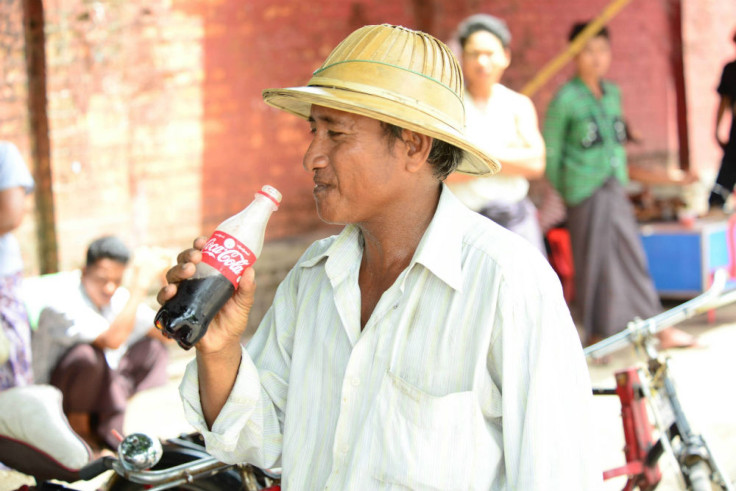Myanmar Foreign Investment Reached $42 Billion From 32 Countries, Production And Hotel Sectors Favored In June

Foreign investment in Myanmar has now reached more than $42 billion from 32 countries. In June alone, the up-and-coming investment hotspot received $423 million in foreign investment, $379 million of which came from Thailand.
The 14 enterprises given permission to invest also came from four other countries: Singapore’s investment totaled $23.6 million; Britain invested $15.8 million; China $4.1 million, and India $9.6 million.
June’s investment went into production and hotel sectors, according to the Myanmar Directorate of Investment and Companies Administration (Dica).
This marks a change in perception of Myanmar’s development potential, following the establishment of a more democratic government, in the eyes of international investors. In previous years, foreign firms invested in sectors such as oil and gas, mining and electric power.
In particular, China, Myanmar’s biggest investor with more than $14 billion, has traditionally invested in resource and energy projects, mostly taking resources out of Myanmar into China, with China as the main consumer, according to Chiangrai Times, a Thai news portal.
Now, it seems, international firms are pouring money into Myanmar with the intention to stay. Both production and hotel represent fast-growing industries in the country.
Existing hotels in the country are not able to meet the increasing demand from its booming tourism industry. Last year, more than 1.06 million tourists arrived in Myanmar. Later this month, the United Nations is preparing to vacate office space in Yangon’s Traders Hotel and Inya Lake Hotel, according to Mizzima, a Burmese news outlet based in India.
“This development has been ongoing for sometime,” said Aye Win, the national information officer for the U.N. in Myanmar. “The last time the offices’ leases were renewed [in July 2012], we knew it was the final time.”
“Before, it was most convenient for the agencies to share the common services of the hotels,” added Win. “But now every hotel is going back to its original purpose.”
With the lifting of Western sanctions against the country, international giants such as Coca-Cola Co. (NYSE:KO) and Unilever (LON:ULVR) have opened manufacturing operations in Myanmar, with other companies establishing sales outlets in the country, all with an eye on targeting the native Myanmar market.
Last year, 94 foreign enterprises invested over $1.42 billion in Myanmar, according to Irrawaddy, a Burmese newspaper based in Thailand.
“The significance of last year’s FDI was 78 out of 94 proposed enterprises were in the labor-intensive manufacturing sector, mostly garment factories,” said Myanmar President Thein Sein.
A few weeks ago, Norwegian company Telenor and Qatari company Ooredoo were awarded the coveted telecom licenses to develop mobile networks in Myanmar. Ooredoo has pledged a $15 billion investment in the country, and both companies are expected to begin building infrastructure later this year. When they do, foreign investment in Myanmar could rise at an even faster rate that it is now.
Interestingly, Myanmar’s wealthier neighbors in Southeast Asia, including Indonesia, Malaysia, the Philippines, Thailand and Vietnam, countries that have for years boasted booming economies, are now seeing the opposite trend. Foreign investment is pulling out rapidly, particularly following the U.S. Federal Reserve’s announcement that it might curtail the latest quantitative easing.
© Copyright IBTimes 2024. All rights reserved.











